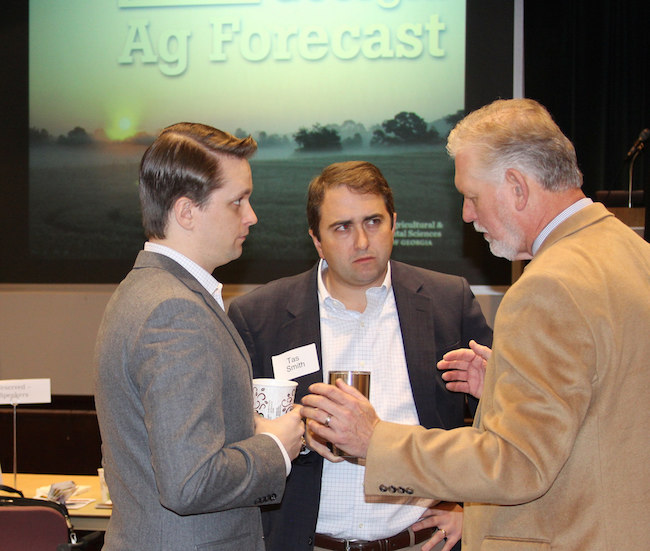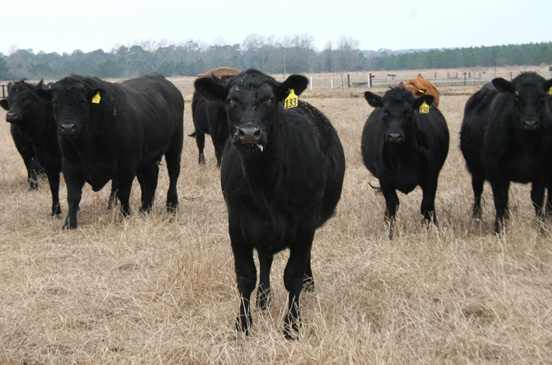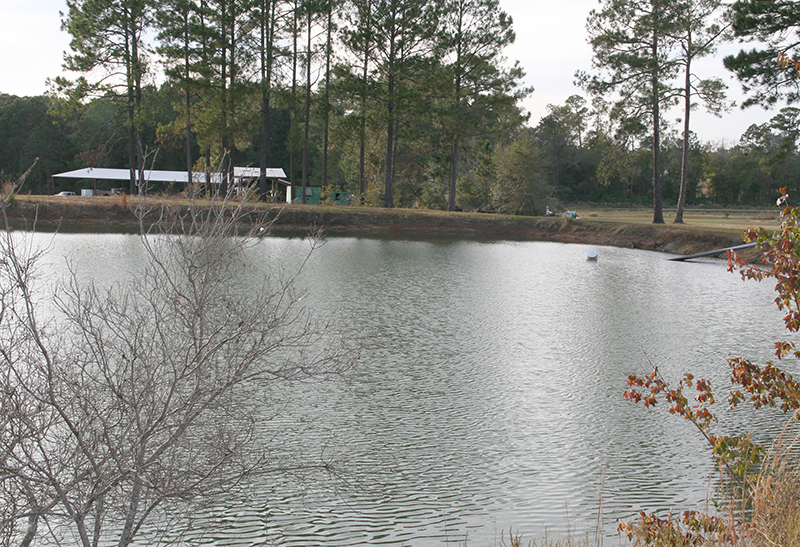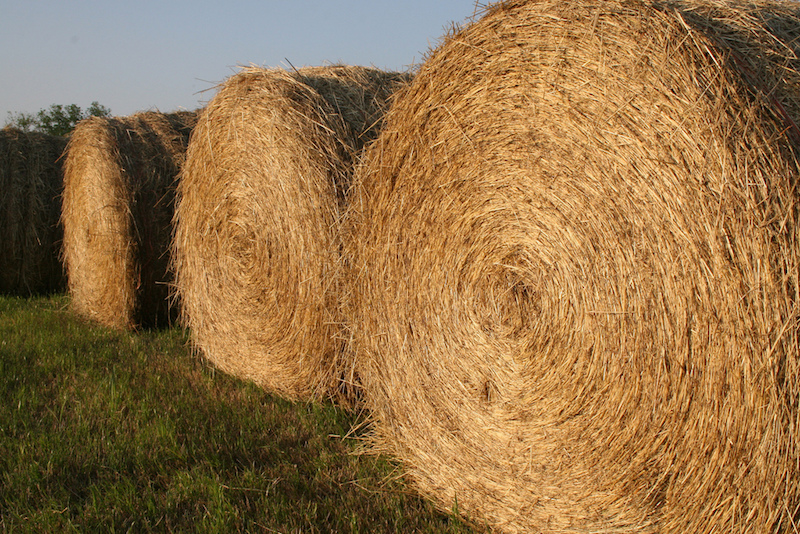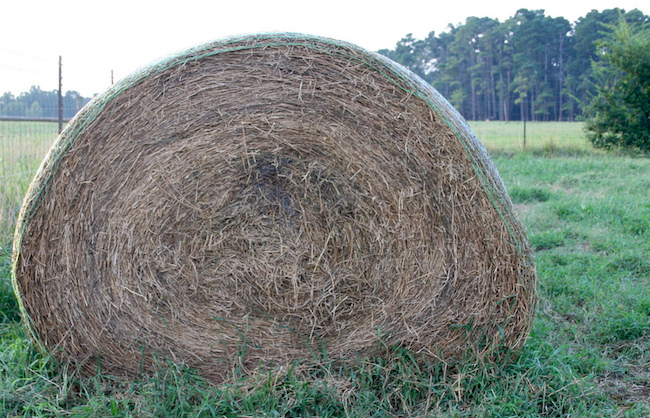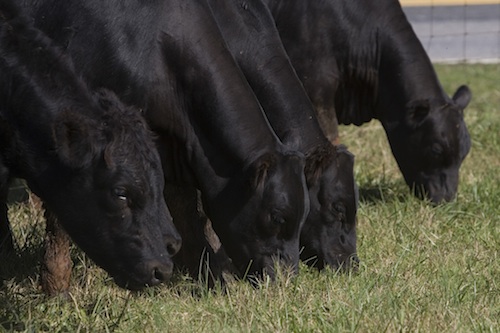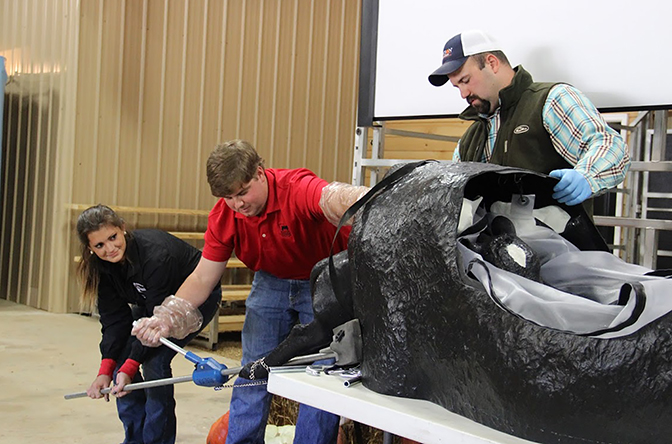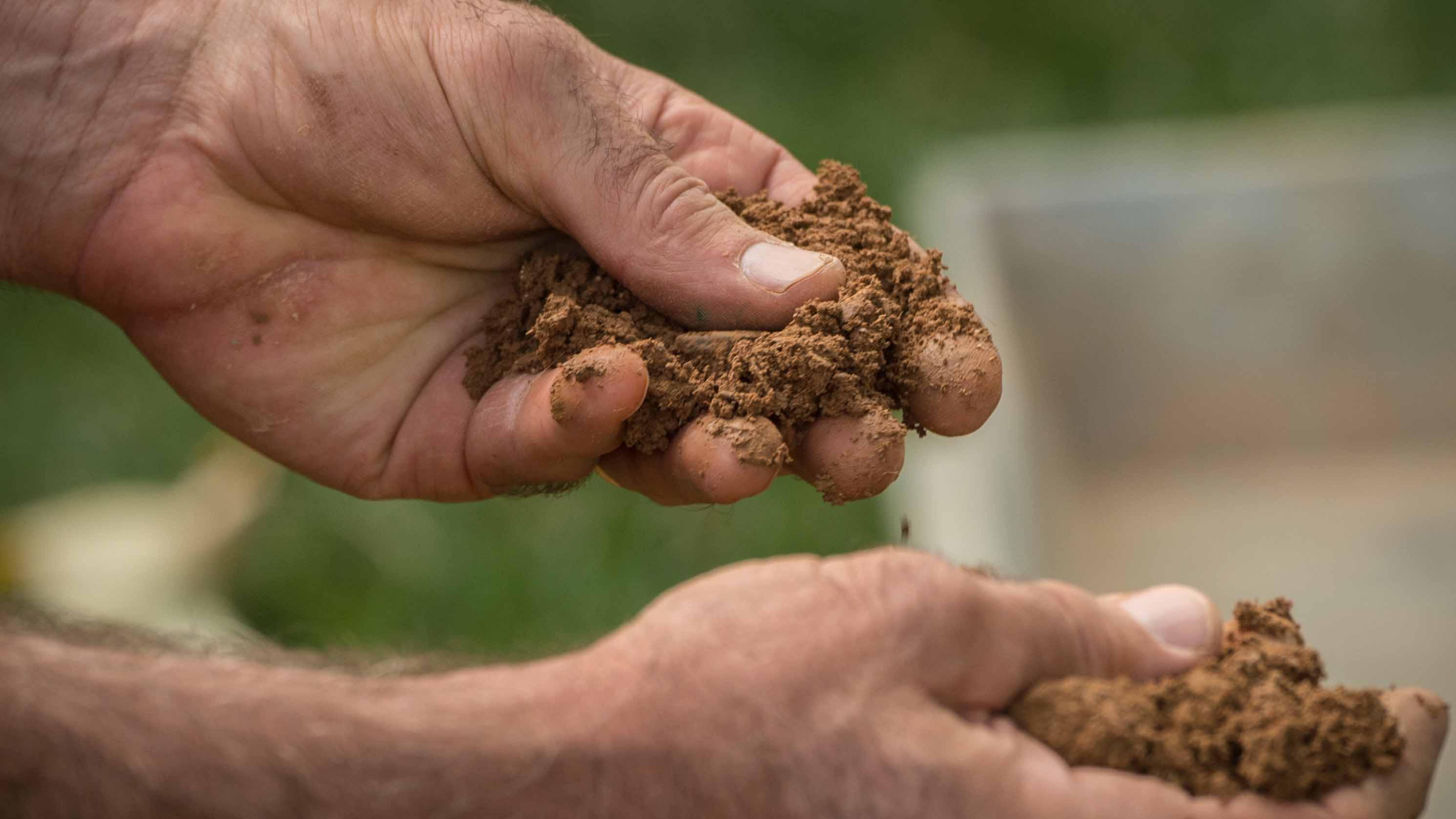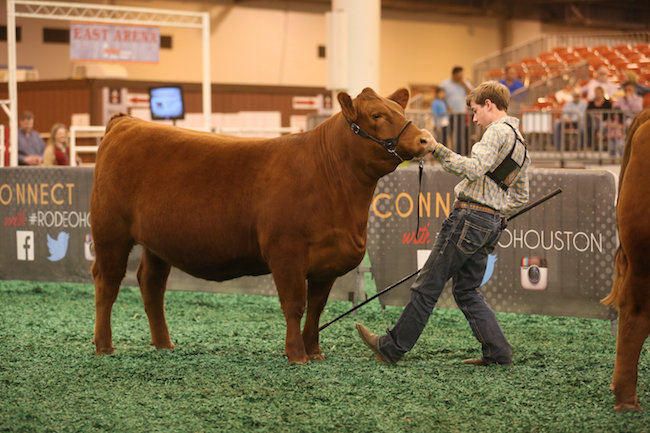 CAES News
CAES News
Learning Responsibility
I am passionate about youth livestock projects. I think youth livestock projects, like showing hogs, cattle, goats, lambs or even horses, are one of the most valuable and rewarding experiences out there for youth today. How many other activities teach the level of responsibility that’s required of someone showing an animal at a livestock show?

